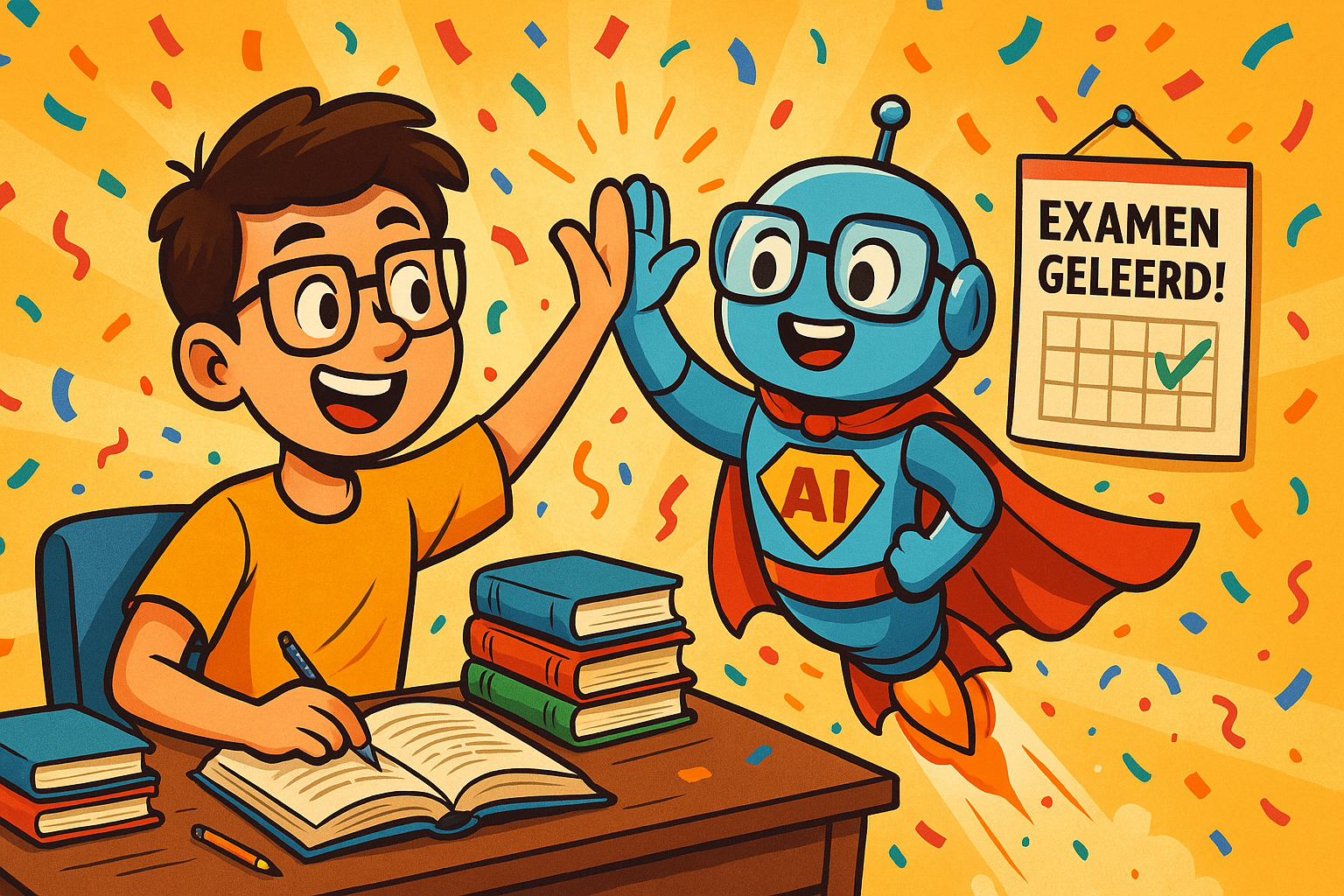Tekst bij de Opgave
How do New York Times journalists use technology in their jobs and in their personal lives? We interviewed Nick Confessore, an investigative reporter, and discussed the tech he's using.
I'm not a privacy expert, just a normal person who has done some reporting on how tech platforms handle personal data. So the answer is: I safeguard my privacy as well as I can which is not very well. Most of the ecosystem of mobile phones and apps, as well as the advertising technology that permeates the mobile and desktop web, is designed to extract a large amount of your personal information. The whole thing is effectively unregulated and almost impossible to escape without a fair amount of planning and technical expertise.
For search, I mostly use DuckDuckGo, a privacy-optimized search engine that chooses not to collect or save certain kinds of data about the people who use it.
I use a browser plug-in from the Electronic Frontier Foundation, the digital civil rights group, called Privacy Badger, which tells me when a site I visit is letting third parties look over its shoulder at what I'm doing.
In my privacy settings, I've turned off or "paused" - all of the Google services associated with my Gmail accounts that track me or collect my data. I never sign into another website or service using my Facebook account, a feature Facebook has used to track its users' Browse activities off the Facebook platform. I've tweaked all the privacy settings on Facebook and other services that I can find.
, I have no doubt that a true privacy expert reading this article will laugh at all the things I'm missing. And that's kind of the point: In the United States, and in some other countries, the deck is stacked against users.
Once I started reporting deeply on Facebook, I deleted all Facebook-owned apps from my phone, including Instagram. I don't know exactly who has access to the data those apps collect, but while meeting with confidential sources, I don't want to risk that an app on my phone might be sending Facebook my location.
The social media app I really miss is Instagram. I always had a private account, and I accept requests only from real-life friends and family. So it's an ocean of sanity and genuine relationships compared with Twitter, which is a hell of random angry people. But when I log in once or twice a week at most, usually on my wife's phone - I'm now hyper-conscious that every like, thumb click and scroll may go into my permanent Facebook record.
I'm going to answer this one the long way. The United States has no basic consumer privacy law. So every individual has to be in charge of navigating the entire commercial-surveillance-industrial-complex on his or her own. Which is to say, it's practically impossible for any nonexperts to protect their privacy in a meaningful way.
The privacy expert Ashkan Soltani, whom I've quoted in some stories, compares it to ordering a cup of coffee at a Starbucks and being told that the coffee may be loaded with arsenic, but that it's up to you to figure out whether or not the coffee is safe to drink.
I've come to the view that no effective privacy-protection product is really possible without clearer - and probably more stringent - laws governing what data companies are allowed to collect and what rights I have to control my own information. If such laws did come into play, it would open the door to interesting private-sector privacy solutions. For example, California recently passed a law allowing consumers to "opt out" of many kinds of online and offline data collection. With such a law in place, new businesses can sell subscription services that would, for a fee, do all the opting out for you.
We're a pretty analog people. Aside from the requisite phones, laptops and iPad, I don't have a lot of gear. Most of the gadgets we do have I don't actually like.
Sonos is a great-sounding speaker with an inexplicably unwieldy user interface that makes me want to throw my phone out the window. (Hey, Sonos, why can't I just play my songs directly from my phone's Music app?) The Nest learning thermostats never seem to actually learn anything. (Also, the Nests give Google the equivalent of a couple of cameras in my home.)
I've shied away from voice-activated speakers like Amazon Echo. I find these devices extremely creepy.
I have a few guitars and a nice big tube amplifier that I never get to turn on, because it's New York, I live in an apartment and I want my neighbors to like me.
adapted from The New York Times, 2019

